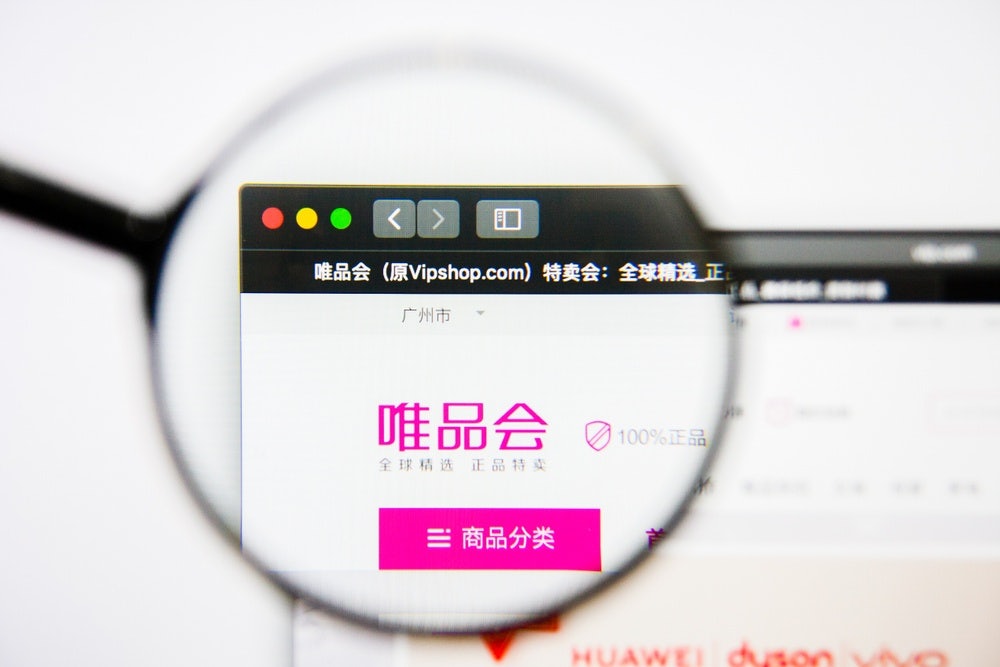In “Chinese Whispers,” we share the biggest news stories about the luxury industry in China that have yet to make it into the English language.
In this week’s edition, we discuss:
- A social media rumor of a JD.com employee's suicide,
- Vipshop's faltering business, and
- A Chinese buyer acquired LK Bennett.
1. JD.com denies that an employee's suicide was related to the company's recent mass layoffs#
-#
Sohu#
It's no exaggeration to say that JD.com, China's second-largest e-commerce player with a hefty influence in the global luxury and fashion industry, is going through its most challenging year since its inception.
On April 10, Chinese social media channel Weibo saw a trending post that stated a JD.com employee committed suicide after being laid off. Previously, media reported the e-tailer was planning to lay off more than 10,000 staff this year. Despite JD.com denying the rumor and saying publicly that it would aim to fill 15,000 vacancies soon, the post about the suicide sparked heated online discussions among the country's netizens, who were either shocked or angry about the company's perceived role in the incident.
On April 12, JD.com released a statement on Weibo to clarify the situation. It confirmed the death of the employee but said it was due to his or her long-time depression. "According to our internal investigation, this employee did not participate in JD's housing loan plan, nor was this employee laid off," the statement said.

2. Chinese fashion discount site Vipshop ceases operations at Beijing subsidiary -#
Economic Observer (EEO) &#
36 Kr#
The Nasdaq-listed Chinese company Vipshop is one of the leading online fashion retailers from China that has succeeded in building its business model around discounted goods. The stock, which went public in 2012, was a Wall Street darling for a long time. But it has started to lose steam since 2018 after the company continuously failed to report positive revenue growth. This week, Chinese media outlets reported the company has quietly shut down some of its businesses.
According to a report by Economic Observer, citing technology staff working at the company, Vipshop recently ceased operations of its Beijing subsidiary. At the same time, Vipshop halted a fairly new overseas e-commerce project that targeted Chinese people living abroad.
Another Chinese publication 36Kr wrote that there are at least four reasons behind Vipshop's struggles: 1) unsustainable growth of active users, 2) expensive logistics costs with low returns, 3) emergence of rivals, and 4) difficulties in searching for discounted fashion products.

3. Chinese fashion distributor Rebecca Feng acquired LK Bennett#
- Caijing#
Byland, a company controlled by Chinese fashion distributor Rebecca Feng, bought the majority of British high fashion brand LK Bennett's assets, which included the company’s headquarters, 21 stores and all of its concessions on April 12. The Duchess of Cambridge's favourite brand applied for bankruptcy protection in March this year and started to look for a new owner.



